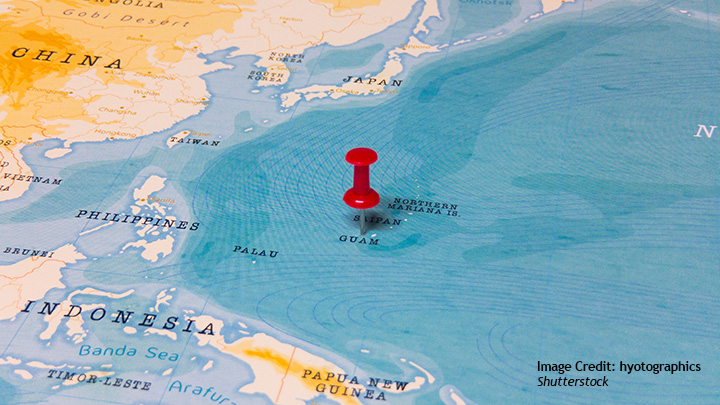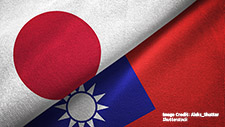The Question of Guam: A Pivotal Island’s Changing Realities

Mats Engman and Larissa Stünkel
Abstract
For decades, Guam has played an important role in U.S. military strategy. The two main military bases in the island, Anderson Air Force Base and Naval Base Guam, have been elevated as strategic hubs in the U.S.’ Indo-Pacific strategy. However, a rapidly changing security environment which in many parts rests upon a perceived increase in Chinese military capabilities pressured Washington to modernize and upgrade U.S. defense capabilities on Guam. However, the ambiguous political status of Guam, which forms the very base of the U.S.’ military engagement on the island, severely limits the local population’s input in decision-making processes. This Issue Brief seeks to explain the importance of Guam in U.S. military thinking, take stock of the changing security environment and its implications for the Pacific island as well as address the situation and role of the local population.
Related Publications
-
Taiwan: Tokyo’s New Ally?
In December 2022, the back-to-back visits by senior Japanese lawmakers, Koichi Hagiuda, Japan’s ruling Liberal Democratic Party (LDP) Policy Research Council chairman, and Hiroshige Seko, the upper house secretary general […]
-
Needed, a Framework to Protect Undersea Cables
In the data-driven world we live in, submarine cables are the arteries that connect nation-states and their people in literally every human activity, including trade, commerce, entertainment, and social interactions. […]
-
Understanding EU Relations with China and Taiwan in the Indo-Pacific: An Interview with Dr. Zsuzsa Anna Ferenczy
In the context of growing tension in Cross-Strait relations and rethinking European strategies in the Indo-Pacific post-COVID-19, ISDP intern Foster Cunliffe sat down with Dr. Zsusza Ferenczy to shed light […]
-
Japan’s Energy Security in the Persian Gulf: Caught Between New and Old Challenges
The goal of this paper is to investigate the evolution of Japan’s energy strategy in the Persian Gulf and understand how intra-Asian competition for business opportunities in the region can […]
-
Intersecting Horizons: The Nexus of Maritime Security and Global Health
The maritime industry is often regarded as one of the primary engines of the global economy as it is the backbone of global trade, accounting for around 90 percent of […]




